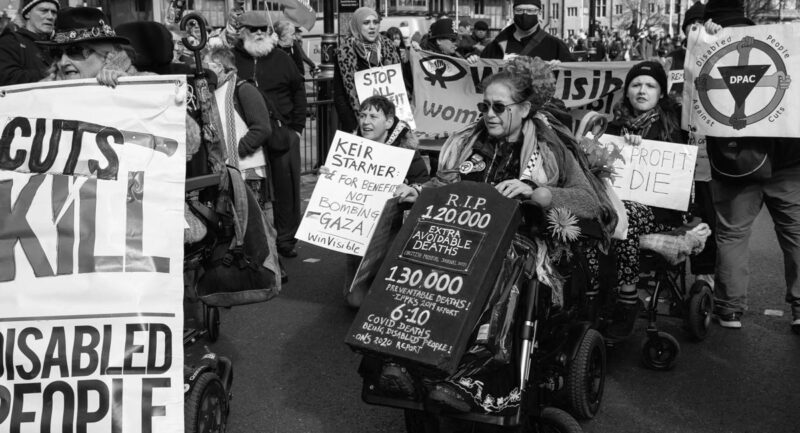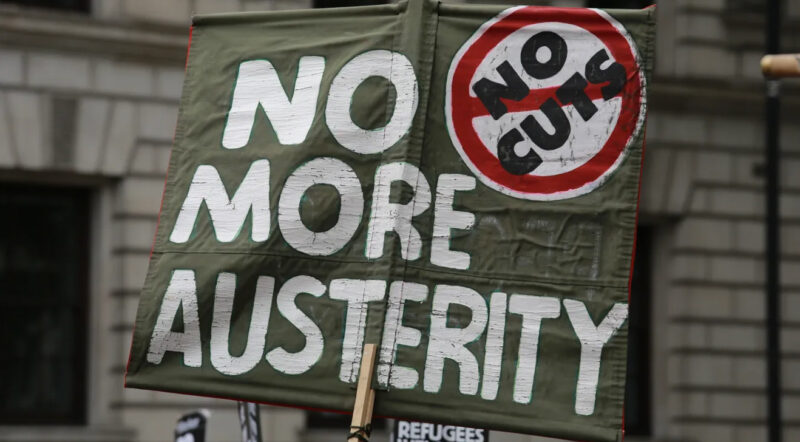Will there be a third intifada?
 In the wake of the Arab Spring, many Palestinian activists are discussing the possibility of a third intifada, by Kady Tait
In the wake of the Arab Spring, many Palestinian activists are discussing the possibility of a third intifada, by Kady Tait
THE CALL for a third intifada, or uprising against the Israeli occupation of Palestine, has resonated among the Palestinian people inspired by the popular uprisings against oppression from Tunisia to Syria. Can this call gather the support necessary to building a truly mass movement against the Israeli occupation, and if so what role will Hamas and Fatah play?
Under Mubarak, Egypt policed the Rafah border crossing with Gaza, ensuring that Gazans faced chronic shortages of basic necessities such as food, medicine and building supplies. A key demand of the revolutionary movement in Egypt was an end to this shameful collusion with the Israeli blockade and help for their brothers and sisters in Palestine.
The wave of revolution reached Palestine on 15 May when simultaneous protests were called to commemorate the 63rd anniversary of the Nakba or ‘catastrophe’ in 1948 when over 700,000 Palestinians were expelled from their lands. Around 4.6 million of their descendants remain in refugee camps in Syria, Jordan and Lebanon – as well as in the West Bank and Gaza.
The demonstrations saw Palestinians and their supporters coordinate marches to the border crossings in north Gaza, the Israeli occupied Golan Heights in Syria, East Jerusalem, Jordan and the town of Maroun al-Ras in south Lebanon.
Israel soldiers reacted with their usual brutality, opening fire on the unarmed protesters, killing 13 and wounding scores of others – an action hardly commented on by the “humanitarian” interventionists in Washington or London.
Despite Israel’s repression and Barack Obama’s promise to veto any attempt by the UN general assembly to recognise a Palestinian sovereign state, the balance of forces in favour of the Palestinians could radically change. The basis for this is the 2011 Arab revolutions, the unity deal between Fatah and Hamas and the call for a third intifada by the grassroots group Gaza Youth Breaks Out.
The first two groups represent the established factions in the Palestinian leadership, while GYBO is a secular youth organisation established in the last year to mobilise independently of Hamas and Fatah. During the February Revolution in Egypt both Hamas and Fatah crushed demonstrations in its support in Gaza and the West Bank. However, the size of the Nakba mobilisation organised by GYBO reveals the true extent of social pressure for change.
The bitter power struggle between Hamas and Fatah has weakened the Palestinian resistance. The unity treaty – whatever its framers intend – opens a prospect of a re-united Palestinian struggle, backed by the active mass support from a revitalised Arab world. Fatah and Mahmoud Abbas’ disgraceful crawling to the US and Israel produced not shred of a concession from the latter. The illegal settlements continued to “make facts” on the ground, destroying step by step the hopes of a viable Palestinian state.
Although Hamas has, in contrast to Fatah, continued to resist since 2006, its strategy of firing rockets and infiltrating guerrilla fighters into Israeli territory offers no way forward. The Israeli genocidal attack on Gaza in 2008, which destroyed 3,000 homes and killed 1,500 people, underlined the inadequacy of such resistance however morally justified it is.
It reduces the 1.5 million Gazans to the level of victims and prevents the kind of mass mobilisations which brought victory in the Tunisian and Egyptian revolutions.
In fact what is needed is indeed a third intifada as an integral part of the Arab democratic revolutions. This could begin – as in Egypt – with mass peaceful protests against the occupiers in the West Bank, Gaza, on the borders in Lebanon, Syria, Jordan and Egypt and in Israel itself. This should be backed up by demonstrations in support of Palestinian self-determination in all Arab and Muslim countries and in Europe and North America This way Israel can be made to pay for its brutality.
This means linking up with and encouraging the peace movement in Israel. Both Palestinians and their supporters should abandon the reactionary and utopian goal of a two state solution – which effectively means abandoning the refugees right to return, gives the Zionist the choice land and natural resources, and leaves the region with a nuclear armed US gendarme and a disarmed Palestinian open air prison.
The movement’s aim must be to promote international working class action – general strikes, workers boycotts of Israel, cutting the supply lines to the racist settler state and the creation of a bi-national secular Palestine with equal rights for all its citizens – both Hebrew and Arabic speakers.
Socialists must also fight to make such a state one where the working class takes power, for only social ownership of the land, factories and infrastructure can ensure a common development shared by both communities.






